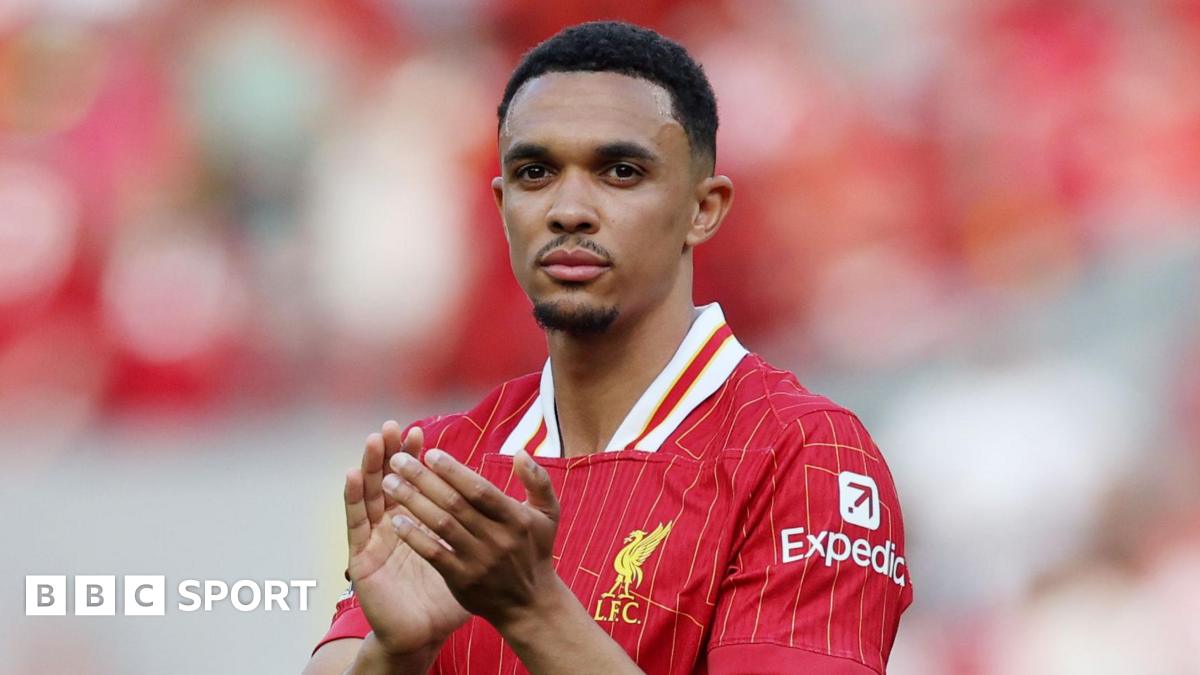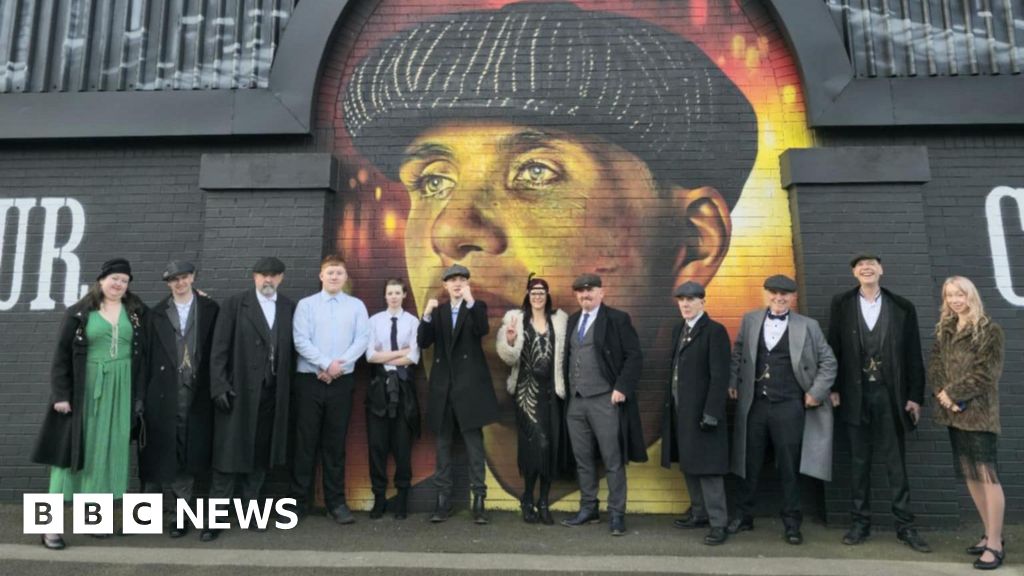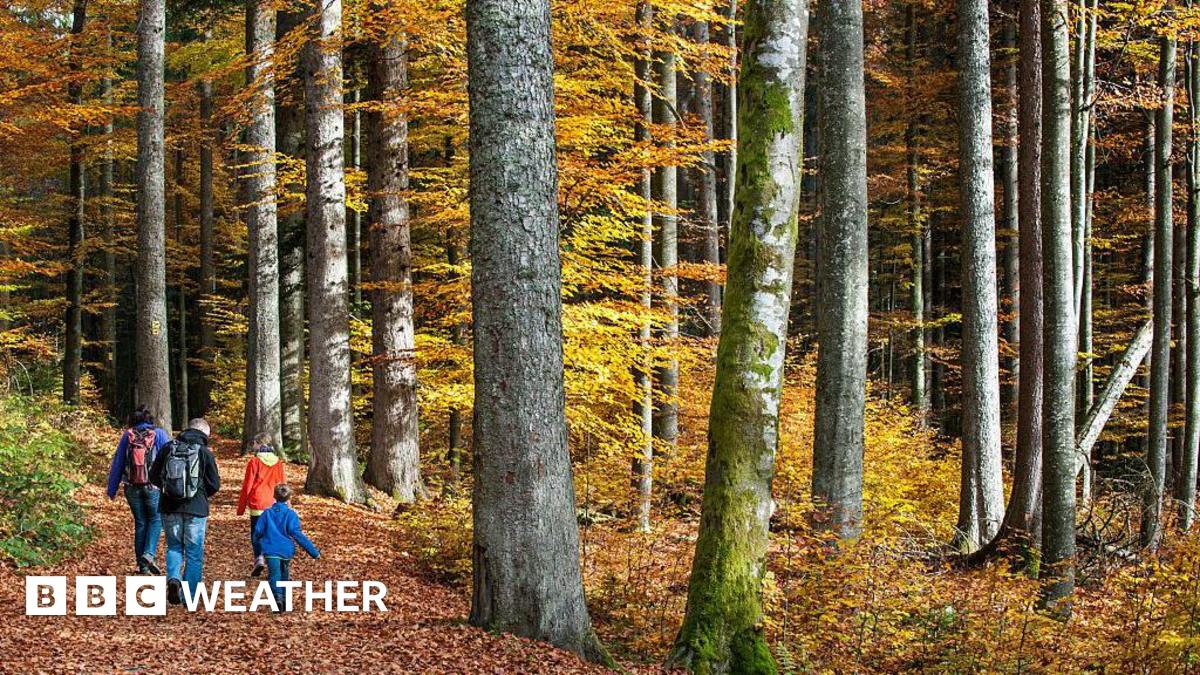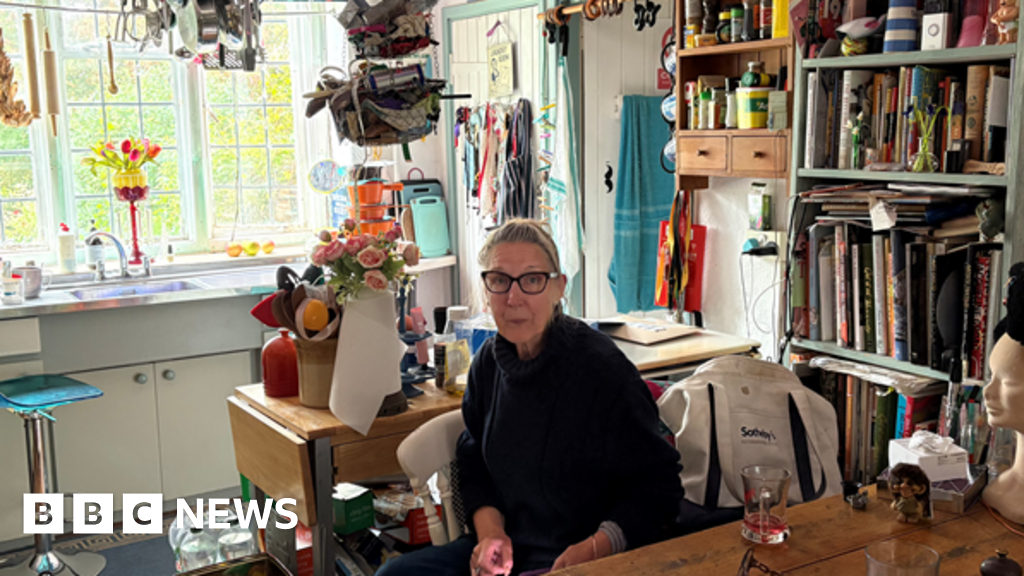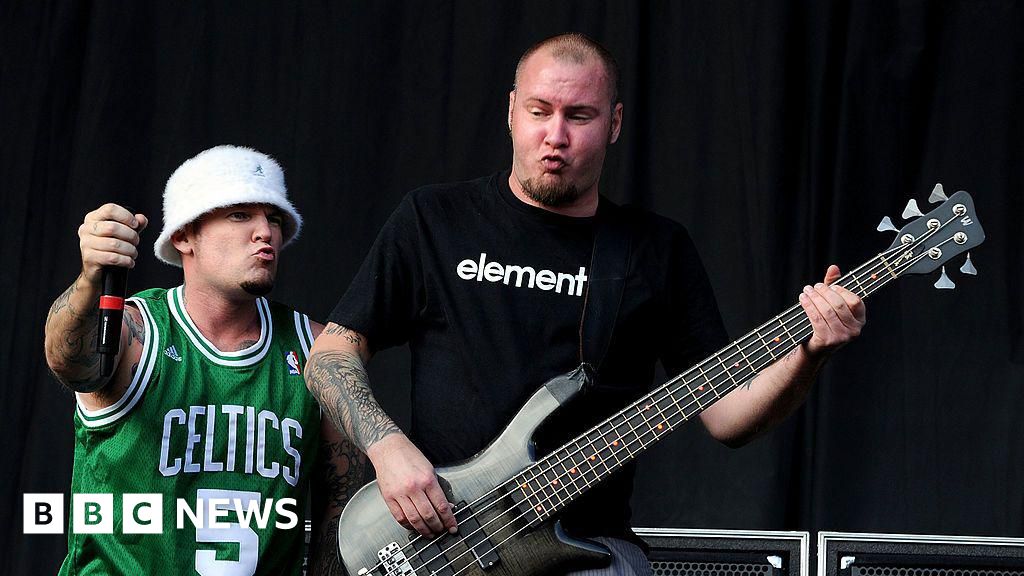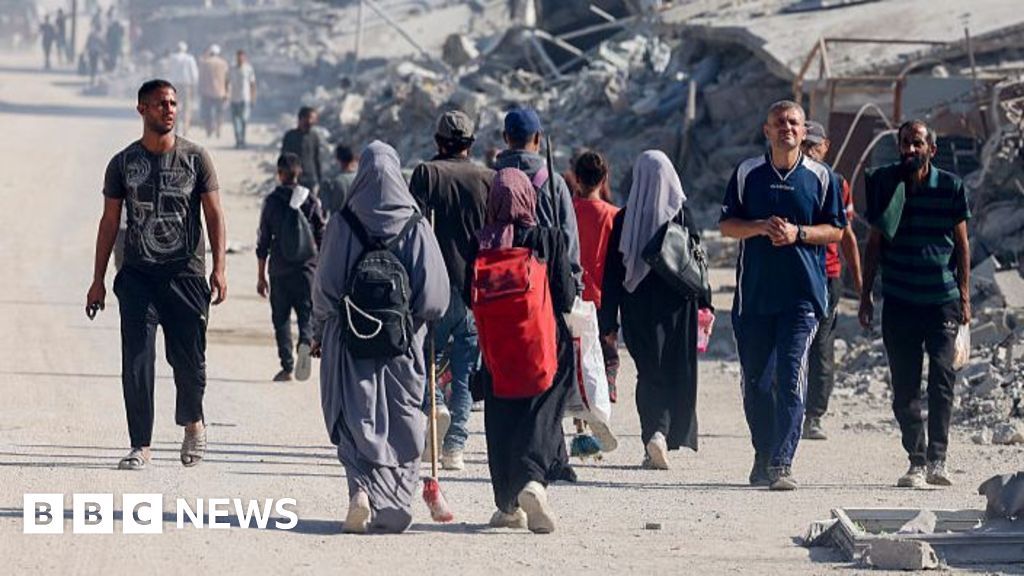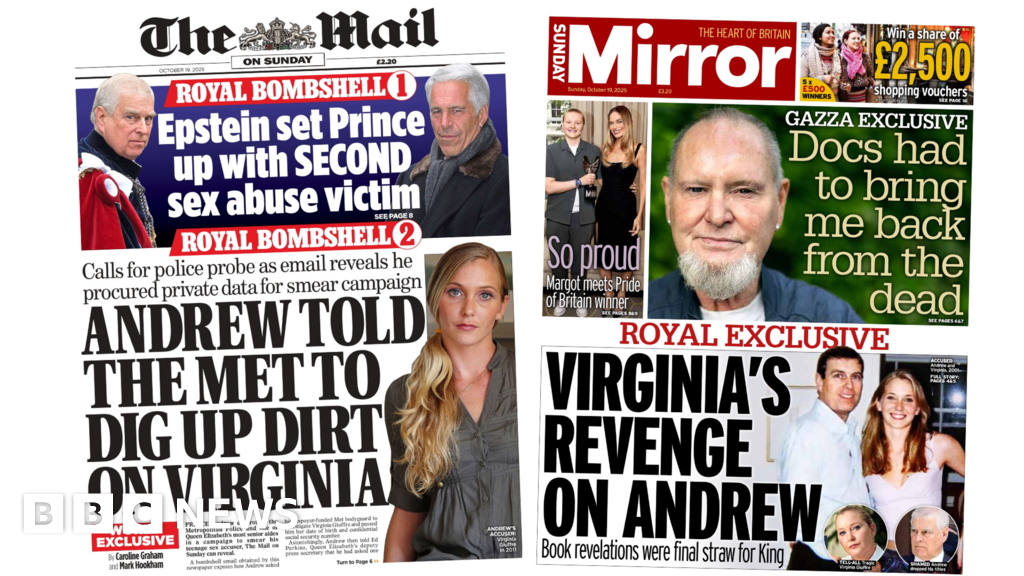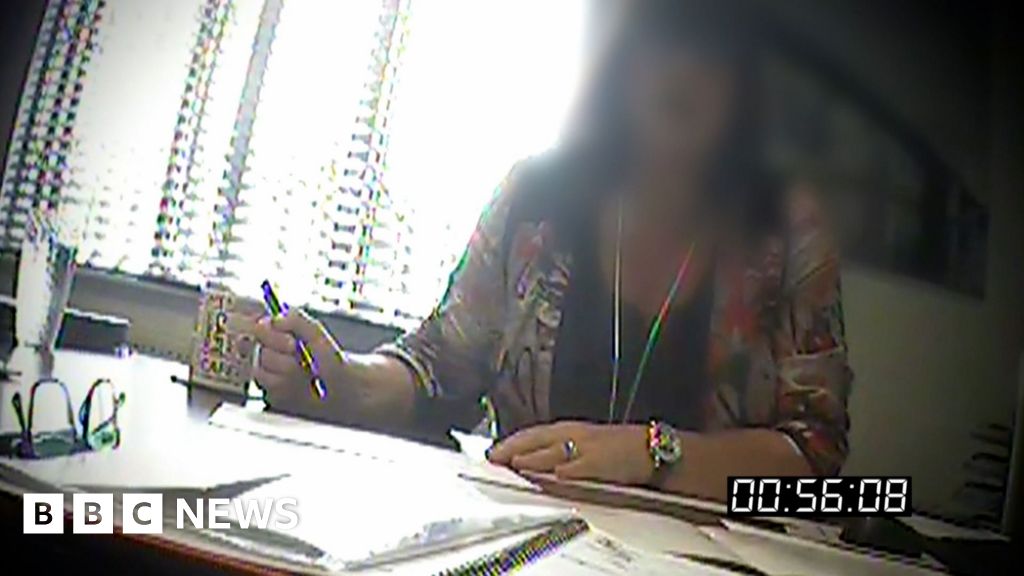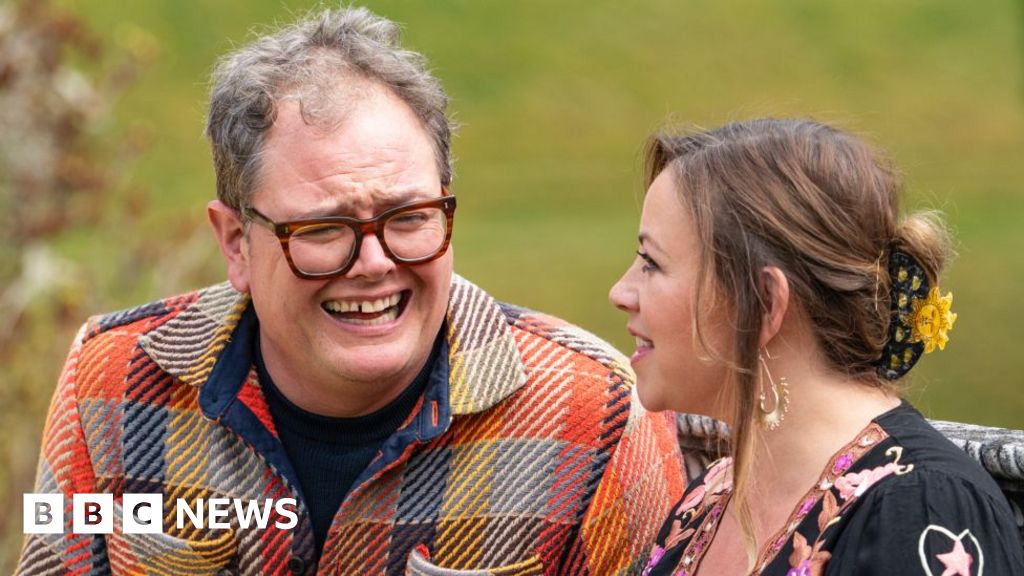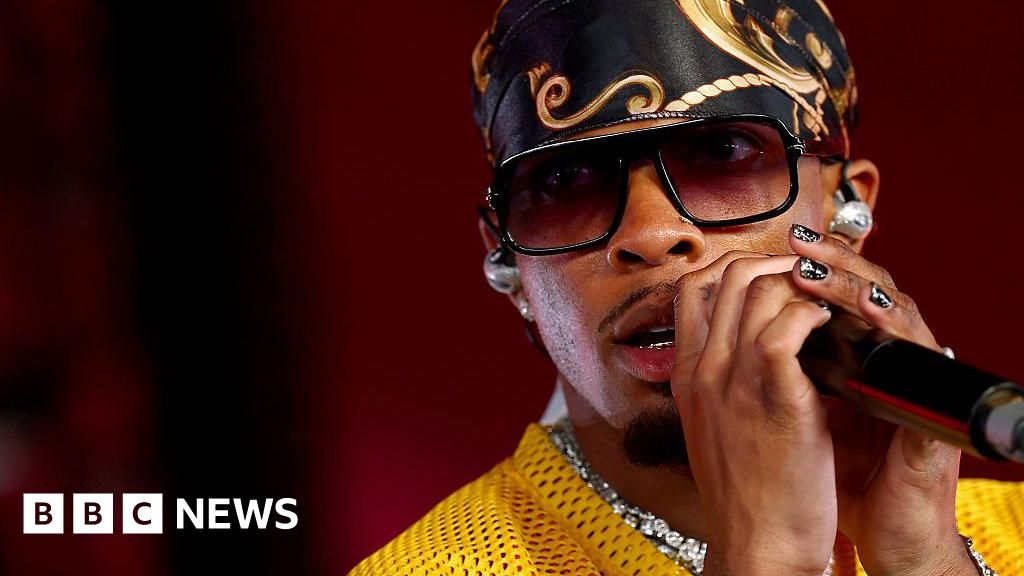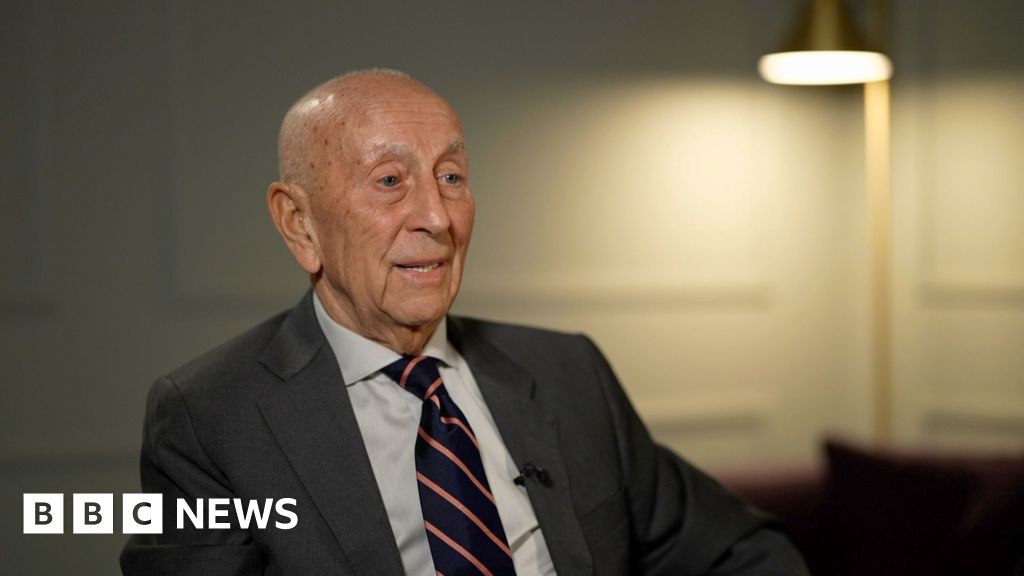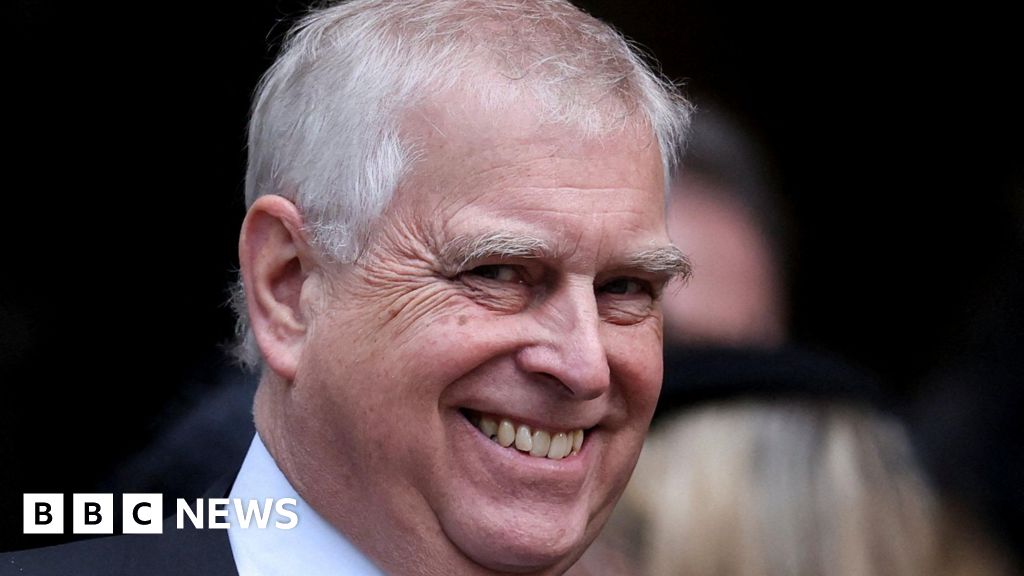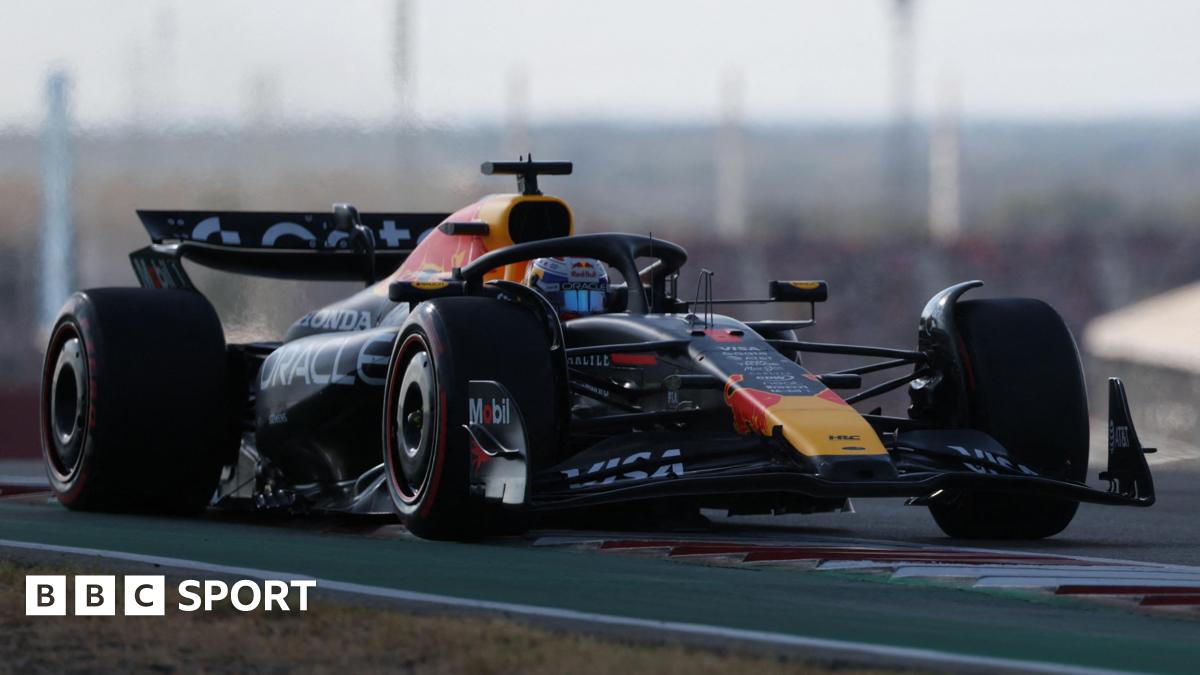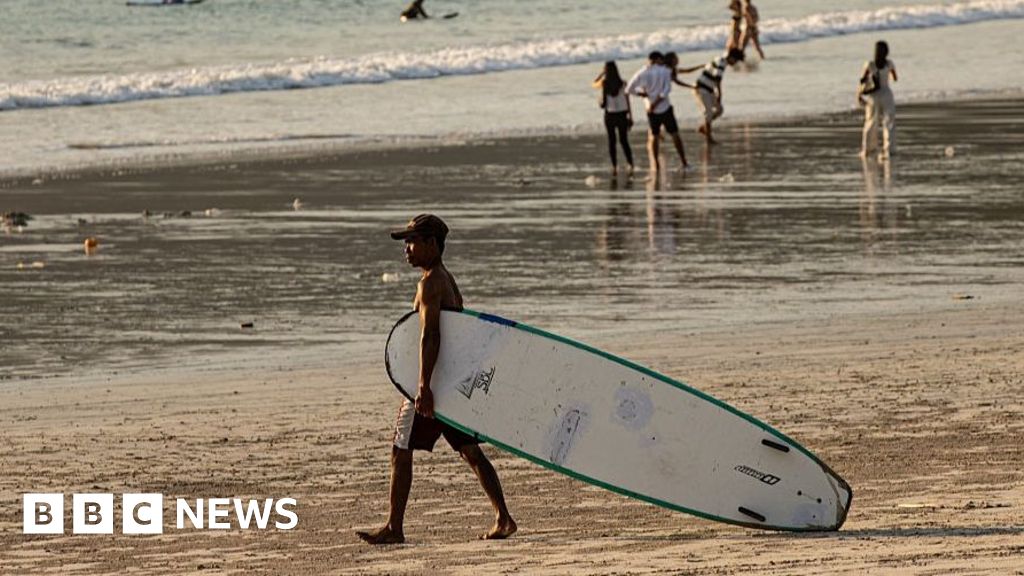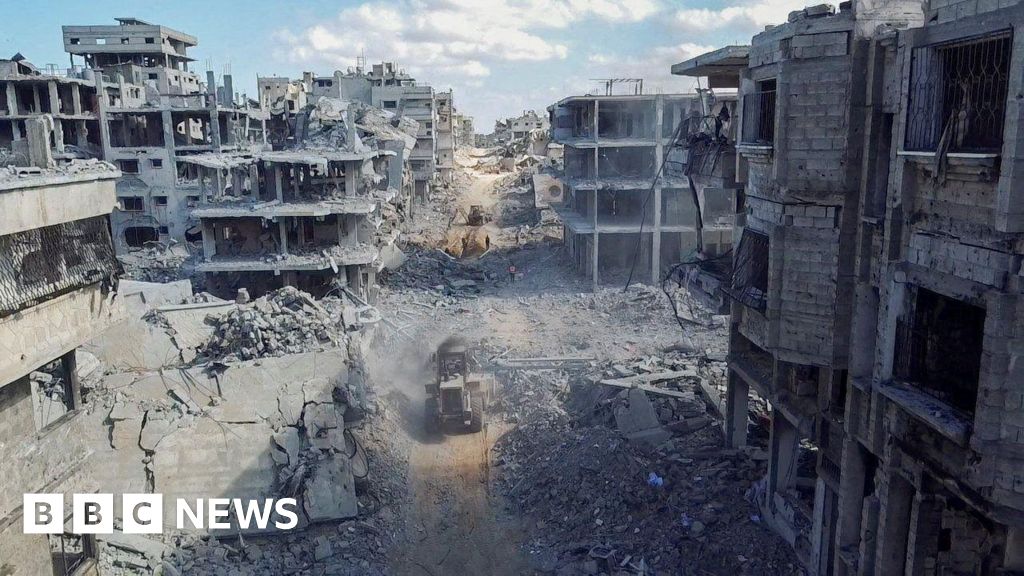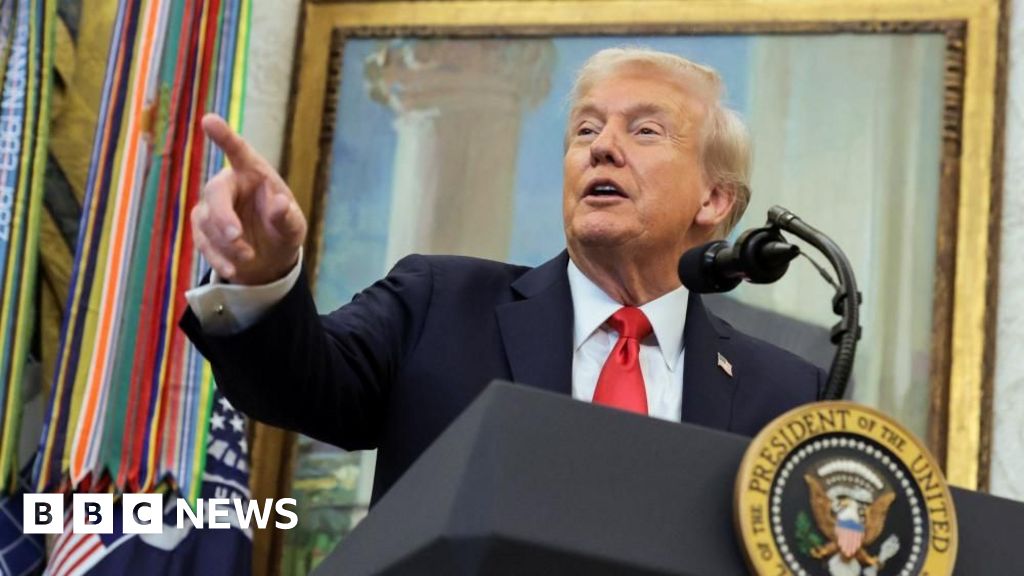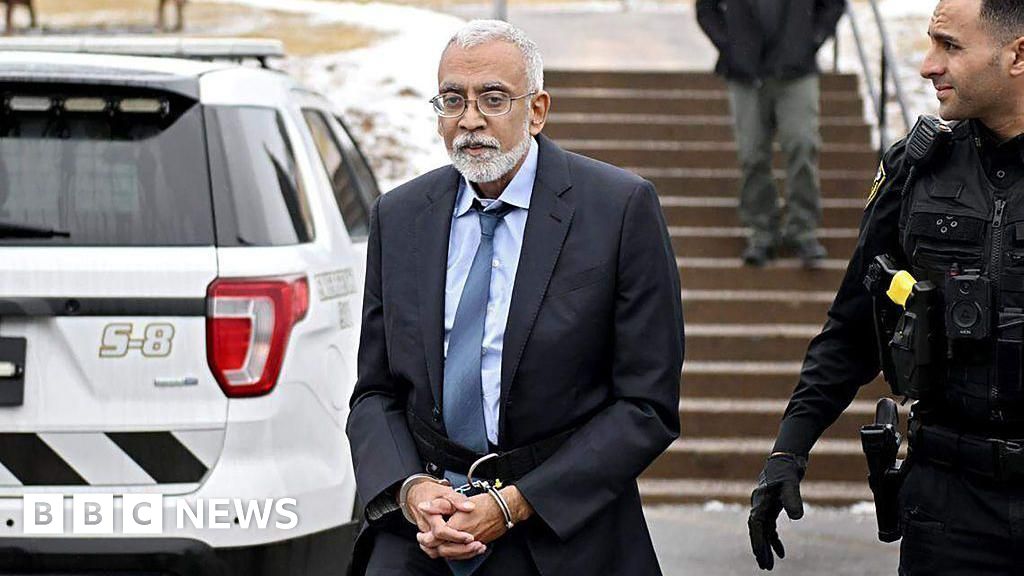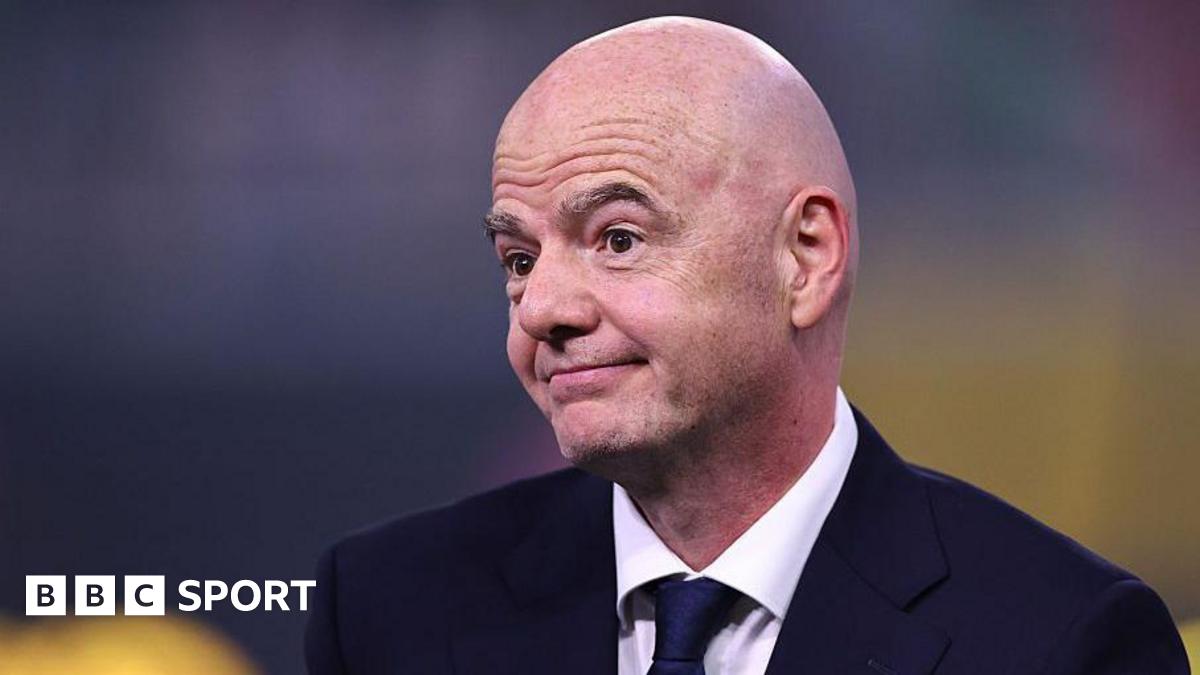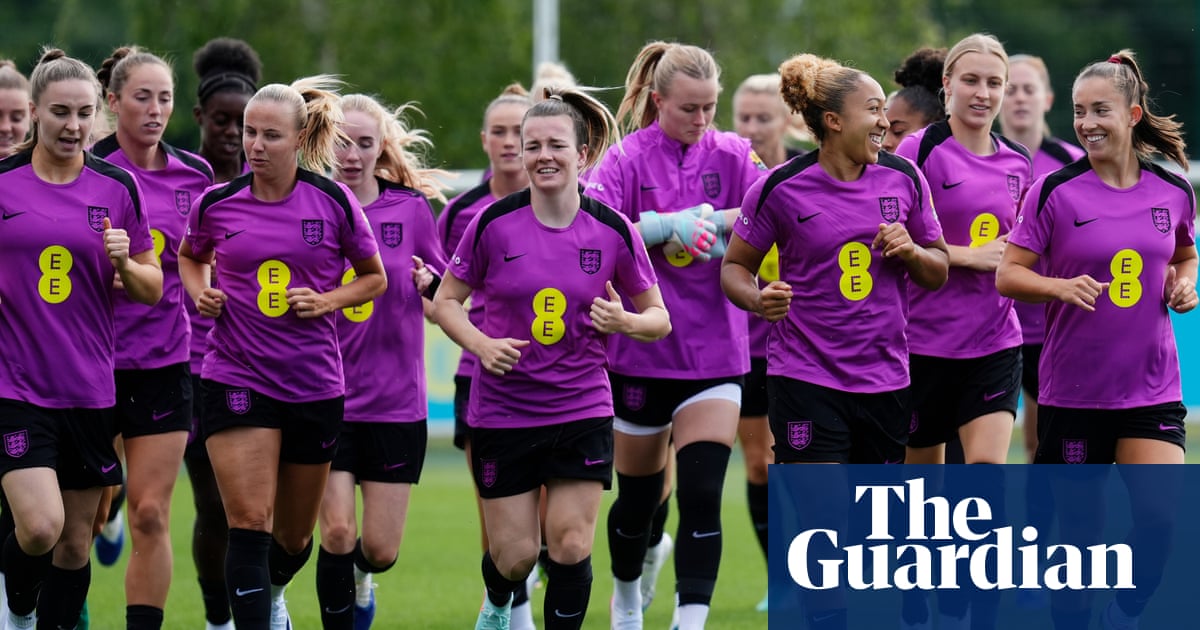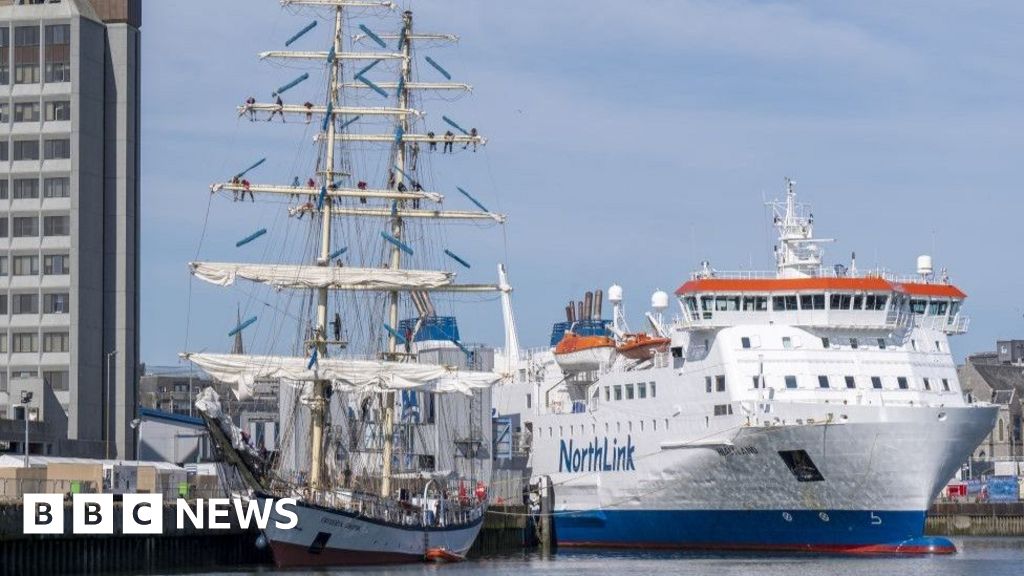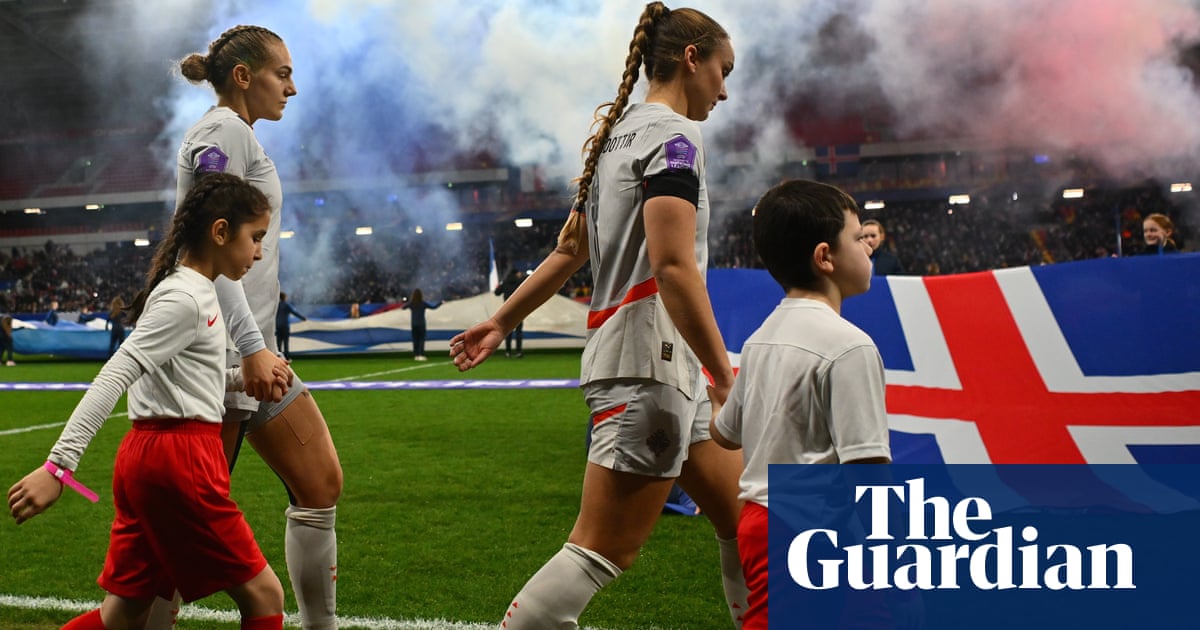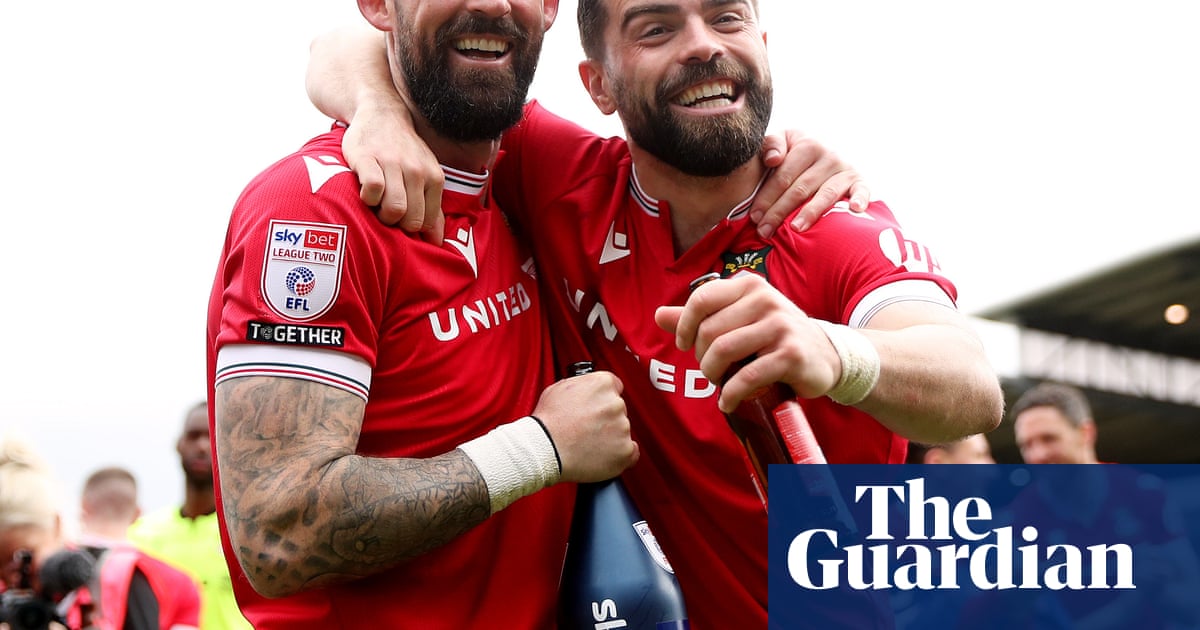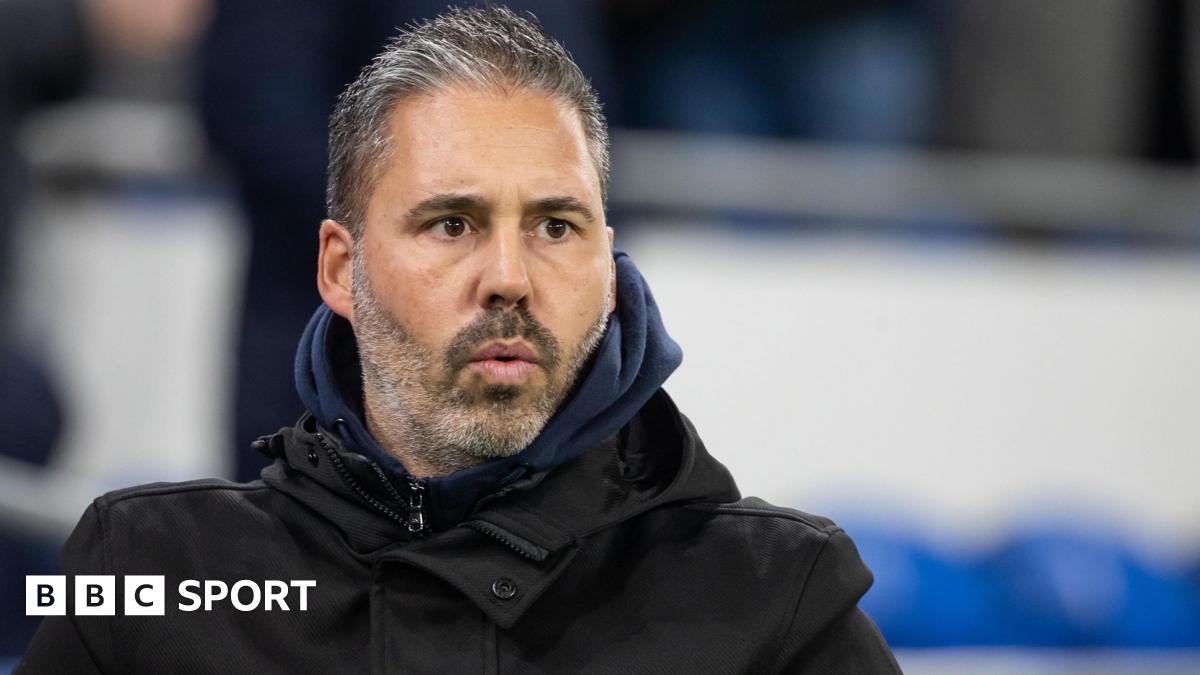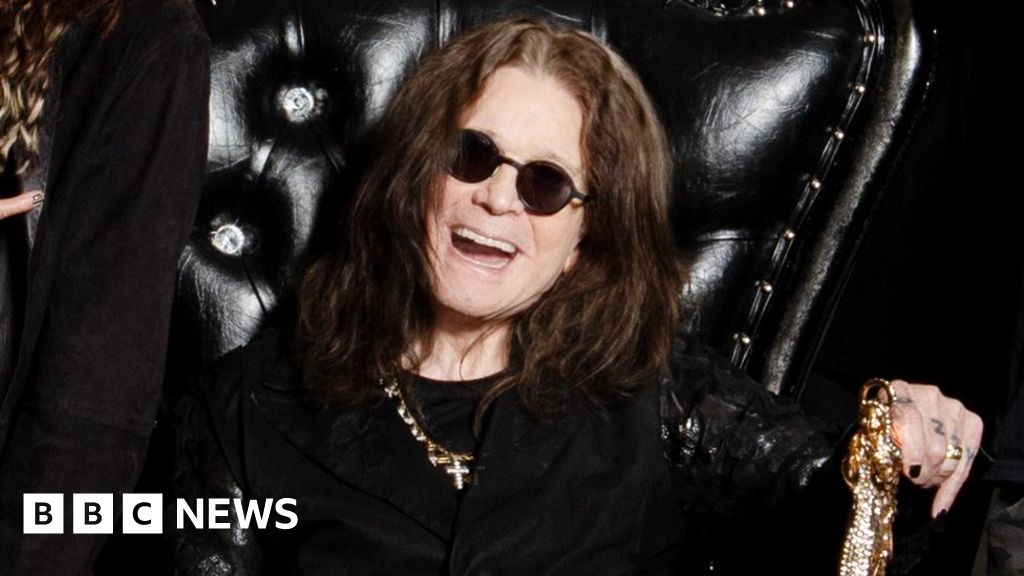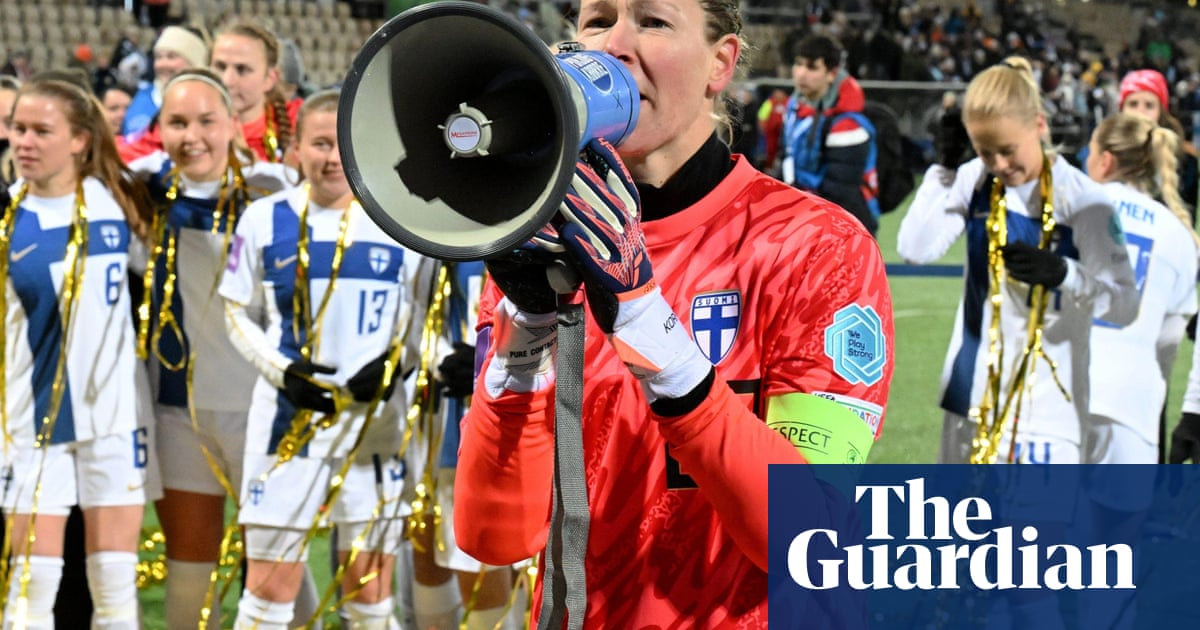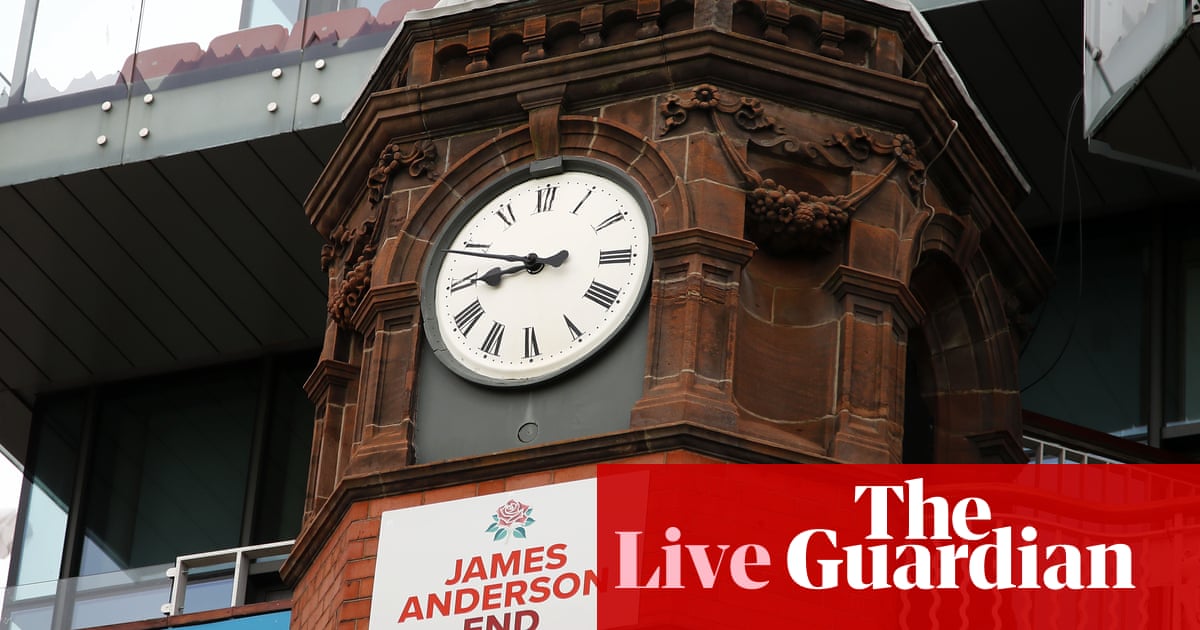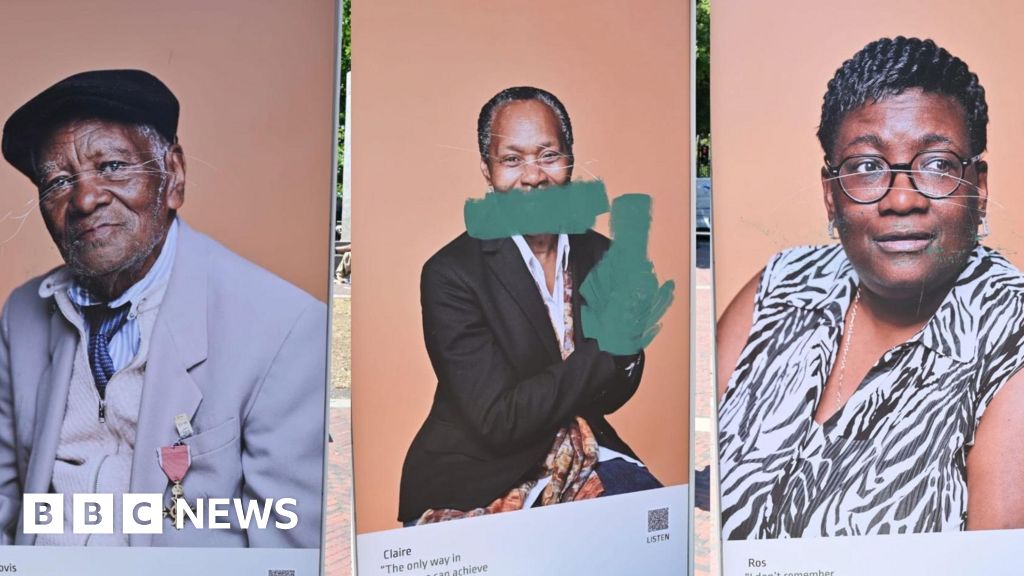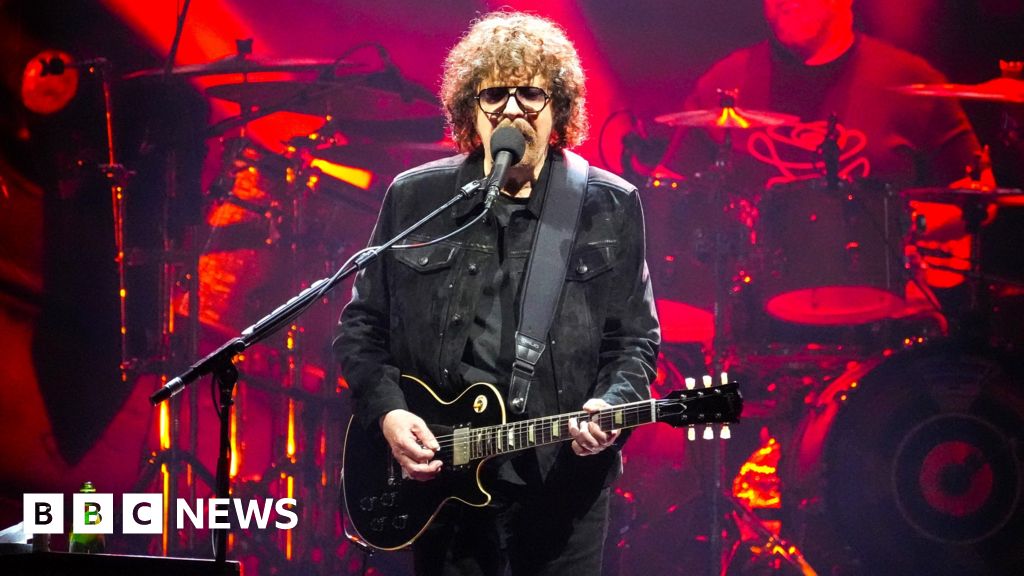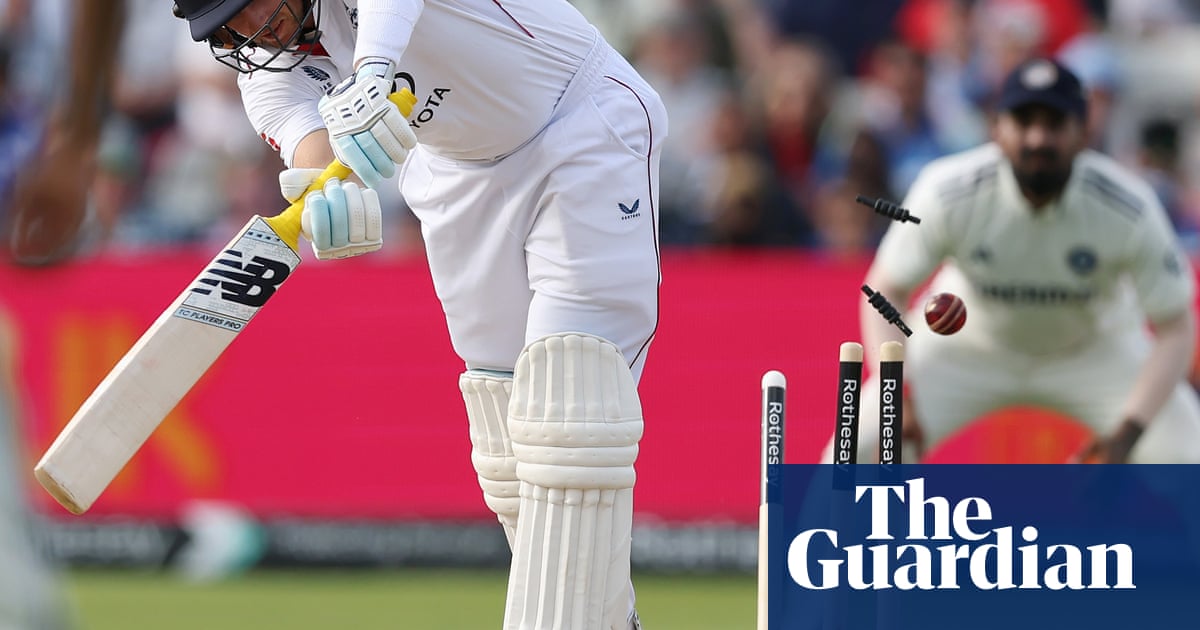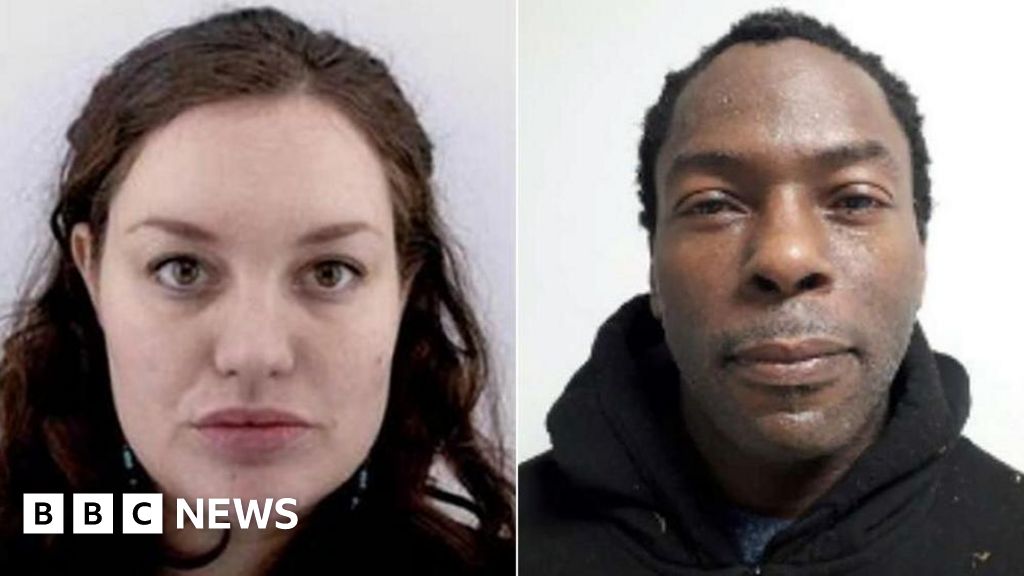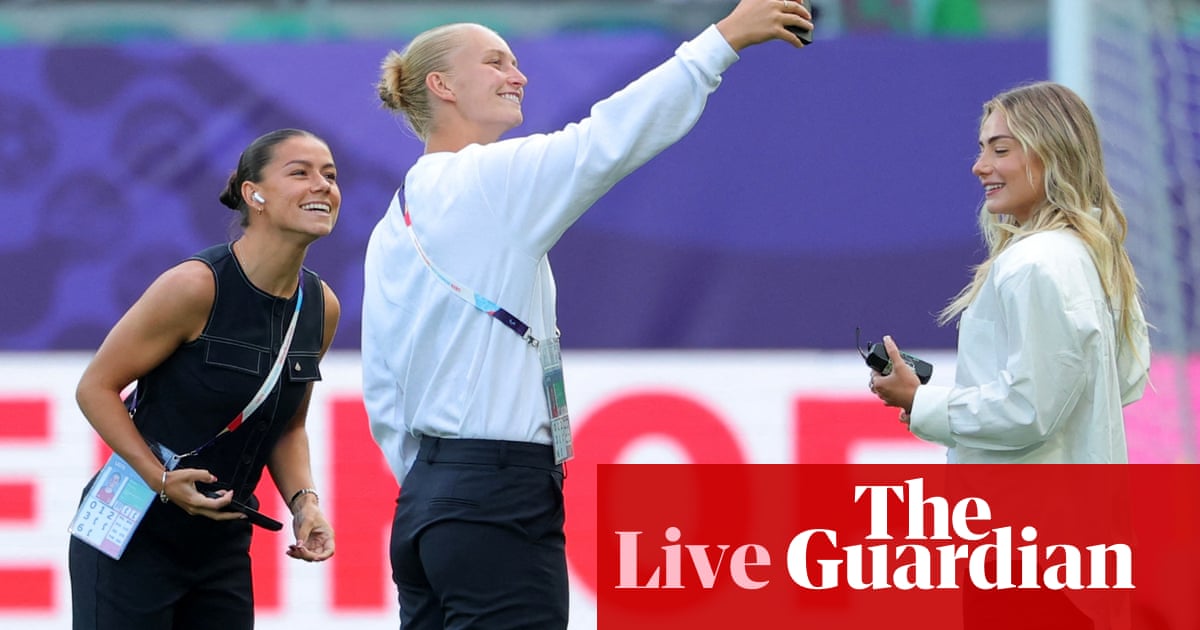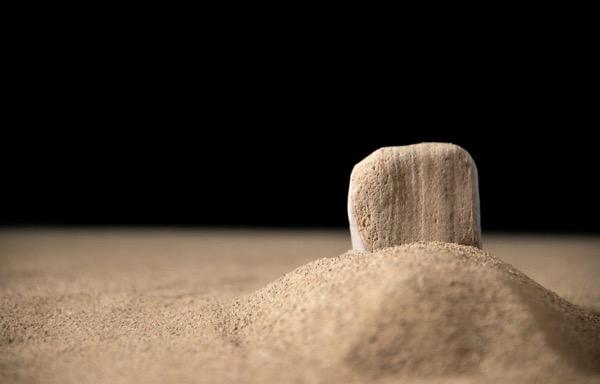
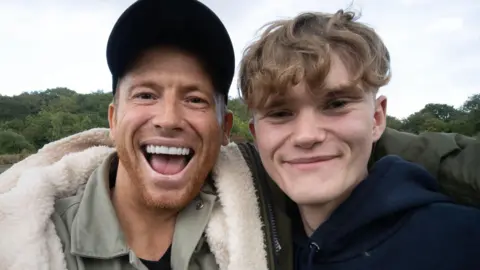 BBC Studios/Eddie Hutton-Mills
BBC Studios/Eddie Hutton-Mills
In his new documentary, Joe Swash meets young fathers like Wyatt, who is 18
"I remember just feeling so scared and vulnerable," says actor and TV presenter Joe Swash of becoming a father in his twenties.
Swash found out he was going to be a dad at the age of 24. He says it was a life-changing experience he felt "grossly underprepared" for, adding that "there was no one really for me to talk to".
The presenter says his and his former partner's conversations with midwives were "rightly" centred on the mum-to-be, but he felt lonely and no one had asked him how he was doing. There were no father-and-child support groups and having lost his own father aged 11, Swash felt he had no positive male role models to turn to.
He worried about small things like how to change a nappy or how hot his baby's bottle had to be, and felt everyone was "looking down" at him for being a young dad.
It was this feeling of being "completely unsupported" as a young father that he explores in the BBC documentary Joe Swash: Forgotten Young Dads.
In the film, the former EastEnders star meets four young fathers and explores some of the problems they face, from social stereotypes to a lack of parental support services.
Last year, dads were an average of 34 years old when their child was born, according to figures from the Office for National Statistics. The fathers in the BBC documentary, meanwhile, are all 18 to 22.
Kevin Stoodley is founder of North East Young Dads and Lads (NEYDL), a charity that provides parenting and community support for young fathers.
Stoodley says that in his 27 years as a community youth worker, he has "never encountered a community as stigmatised" as young dads.
'Absent dads'
Swash says that as a young dad, he "really struggled" with judgement from others and felt that people viewed him as "irresponsible".
He adds that young dads often get a "bad reputation" and are characterised as "absent".
"I'd love to find out how many of them 'absent dads' are absent because they wanted to be, or because they were so vulnerable, scared and frightened that they had nowhere to go and had no support," he explains.
Swash says society needs to "readjust" how it sees young dads. Stoodley agrees, saying that young fathers have historically been wrongfully "perceived as being feckless, disinterested and in some cases, a risk to their children".
He adds that some of the young dads he's met face judgement from their own communities and are "told that they've ruined their life".
'Alpha male'

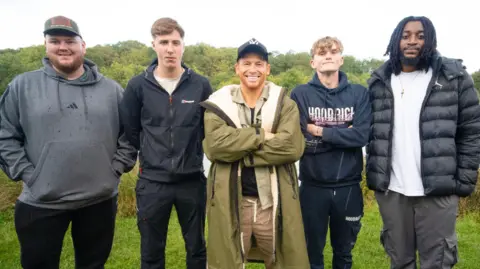 BBC Studios/Eddie Hutton-Mills
BBC Studios/Eddie Hutton-Mills
Swash urges young dads to speak to each other and met four young men navigating parenthood during his documentary
For Swash, having positive male role models is key in supporting young dads.
After his father died, Swash says he was "craving, as a young man, just to have a male role model put their arm around me and look after me - whether that was a negative role model or a positive role model, I was just desperate to have some role model".
"If all we're seeing is negative role models being put on social media and on TV, you can be mistaken in thinking that's the sort of man you want to be", he adds.
Swash explains: "We can all get in fights down the streets and go on boys' holidays, but not everyone can change a nappy and love and nurture and cherish a child and for me, that's an alpha male".
Stoodley says having positive male role models is "super important" in helping young fathers navigate their new roles.
The founder says NEYDL also looks to address toxic masculinity and steer young men on the path of being a good role model.
Recently, Stephen Graham, who starred in Adolescence, which explored toxic masculinity, announced a new book calling for fathers to have more open conversations with their sons.
'Fall through the net'
Swash says the lack of support available for young dads is "pretty unbelievable".
In the course of making the documentary, Swash notes that he and the team struggled to find support services for young men and he says there should be a service available to all young fathers.
Services that do exist, like NEYDL, provide parenting and community support to young dads. However, Stoodley says there needs to be more national investment.
Swash adds that support can mean simple things like having more nappy-changing stations in men's toilets, or bigger shifts: "Fundamentally, I think society has got to change the way they look at young dads and young families."
"I felt really lonely," Swash adds of his own experiences as a young dad.
Swash, a parent to six children, says he's "proud" to have been a young dad and loves his kids "with a passion".
However, he acknowledges a lot of young men are "not as lucky" as him and encourages young dads to have conversations with each other and to "not suffer in silence".
You can watch Joe Swash: Forgotten Young Dads on Monday 20 October at 20:00 BST on BBC Three, and on BBC iPlayer.
.png)
 6 hours ago
3
6 hours ago
3
